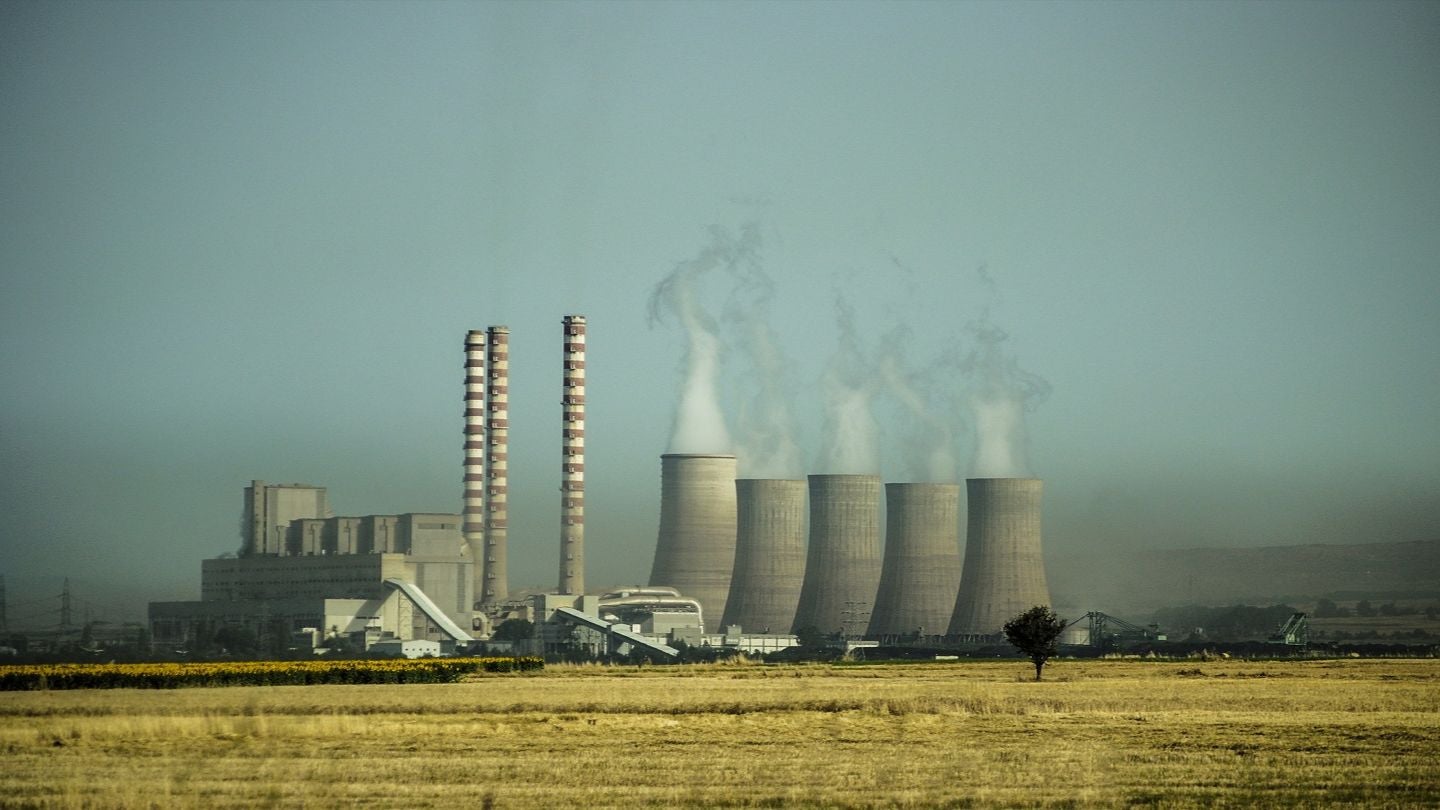
Global nuclear power generation is set to reach a record high in 2025, growing by almost 3% annually on average through to 2026, according to a new report by the International Energy Agency (IEA). More than half of new reactors set to become operational in this period are in China and India.
The IEA’s Electricity 2024 report claims that global electricity demand is expected to grow at a faster rate over the next three years as the clean energy transition ramps up, with the additional demand set to be covered by technologies that produce low-emissions electricity.
From 2024 to 2026, electricity consumption is set to rise by an average of 3.4%, with 80% of this demand expected to come from China, India and South East Asian countries.
Nevertheless, low-emission sources are expected to account for almost half of the world’s electricity generation by 2026, up from 39% in 2023, meaning the increase in electricity consumption will be less harmful to the environment.
With French nuclear reactors coming back after producing their lowest output in 30 years in 2022, Japan cautiously restarting reactors following years of post-Fukushima fear, and the commercial operations of reactors in countries such as China, India and South Korea ramping up, nuclear power generation could reach an all-time high in 2025. The IEA predicts that global nuclear generation will be nearly 10% higher in 2026 compared with 2023.
Asia leads this growth, with the region’s share of global nuclear generation set to reach 30% in 2026.

US Tariffs are shifting - will you react or anticipate?
Don’t let policy changes catch you off guard. Stay proactive with real-time data and expert analysis.
By GlobalDataIEA executive director Faith Birol said: “The power sector currently produces more CO2 emissions than any other in the world economy, so it is encouraging that the rapid growth of renewables and a steady expansion of nuclear power are together on course to match all the increase in global electricity demand over the next three years.”
However, despite the report’s forthright optimism, several nuclear projects in Europe face significant cost overruns. Notably, Britain’s Hinkley Point C has been delayed further until 2029 with costs spiralling to £46bn ($58.39bn) despite the initial budget for construction being just £18bn.



